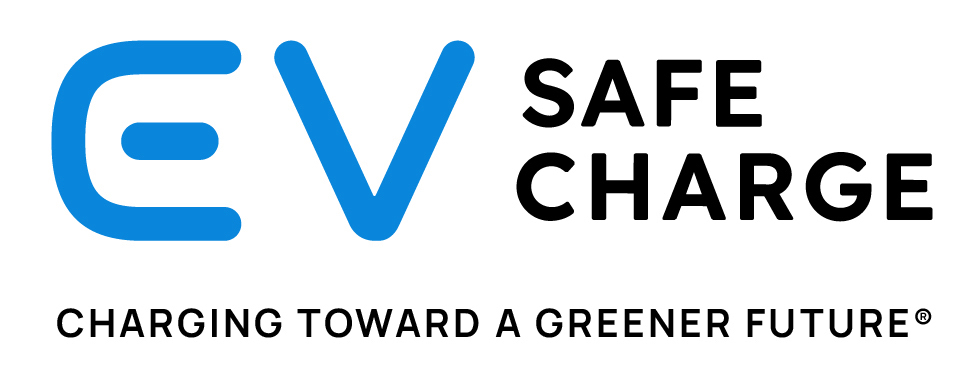Rising Gas Prices Another Reason for Retail to Install EV Chargers
The number of charging stations on the market now are inadequate to meet the needs of existing EV motorists.
Retail properties stand to benefit greatly from the growing number of electric vehicles on the road, a new post from the National Association of Realtors, points out, noting the synergy between electric charging stations and retail sales are similar to convenience stores’ relationship to gas stations.
“EV charging stations amount not only to an added convenience amenity allowing consumers to refuel as they shop, but they have the potential to increase footfalls and to promote shoppers lingering in projects and stores for longer periods of time,” David Greensfelder, managing principal, Greensfelder Commercial Real Estate, tells GlobeSt.com.
Whole Foods and Target were the first major retailers that provided EV chargers at their stores; success stories documented by NAR. “People who buy organic arugula are also the kind of people who are first to adopt electric cars. Come for the electrons, the thinking goes, and spend more time and money at the salad bar,” according to Jonathan Levy, vice-president of EVGo, one of Whole Foods’ charging providers. And although it does not have the same brand attributes as Whole Foods, Target as well points to the convenient shopping experience that these chargers offer.
But is the investment of money and space worth it for other retailers?
Many believe that it is not a question of if, but rather when chargers will become essential amenities for retail properties. Electric vehicles are growing in popularity by the year for various reasons including most recently high gas prices. To cite one anecdotal example, by the end of this year, about 18 new battery-powered SUVs and pickup trucks will be on the US market.
“We’re seeing a lot of stricter emissions standards—and even moratoria on gas-powered engines—at the state and federal level, so we know that electric vehicle adoption will grow exponentially in the coming years,” Grant Feek, CEO, Tred, tells GlobeSt.com. “In the near term, current gas prices and the rapidly broadening selection of EV models are also accelerating EV purchases.”
Pat Lorimer, executive director, Integrated Environmental and Engineering Solutions at Partner Engineering and Science, tells GlobeSt.com that GM alone expects to have 30 vehicles by 2025. “Building for today will not support the future—if you don’t make the right decisions today, you’ll pay for it tomorrow.”
Retail establishments, along with multifamily properties, are the ideal locations for this technology as their ubiquity keeps EV drivers from running out of juice.
“The anxiety of using an electric vehicle is that a motorist runs out of battery power before reaching one’s destination and the inconvenience of long charging times for the battery for low-level chargers,” writes NAR Research Economist Scholastica Gay Cororaton.
Just How Much Demand?
Starr Cumming, retail director for apartment operator Hines, sees a definite growth in more EV-charging options for shopping centers and mixed-use development in the future. For example, Tesla increased its charging stations from 10 to 30 within the Hines-managed Atlanta-based Atlantic Station parking deck in 2021.
“EV charging stations are an amenity that provide a point of differentiation for shopping center owners,” Richard Rizika, partner and co-founder of Beta tells GlobeSt.com. “When consumers charge their vehicles, they have an opportunity to shop, dine or simply enjoy common areas within shopping centers. EV charging stations extend the frequency and shopping duration.”
Solidifying the case for retail adoption of EV charging technology, the current charging infrastructure is drastically inadequate even for the current number of EVs, according to Cororaton.
And Caradoc Ehrenhalt, CEO and founder of EV Safe Charge, tells GlobeSt.com that new solutions to answer retailers’ EV charging challenges are coming soon, including flexible charging technologies that can reduce capex budgets and offer retail developers revenue opportunities.
Some of these advances are already here. Direct circuit fast chargers, for example, take between 15 and 45 minutes to charge most passenger electric vehicles and deliver 60 to 300 miles of range.
Currently, DC fast chargers make up a small share of the market, at 17% of total chargers, Cororaton writes.













